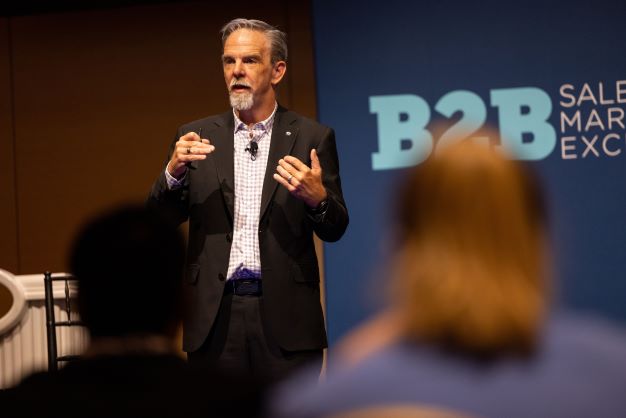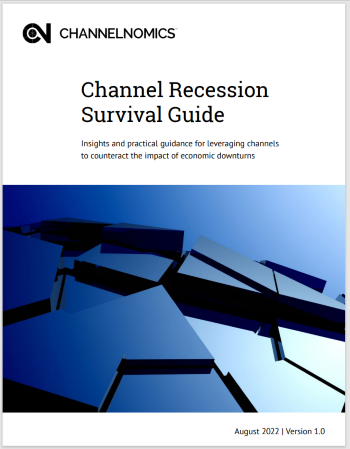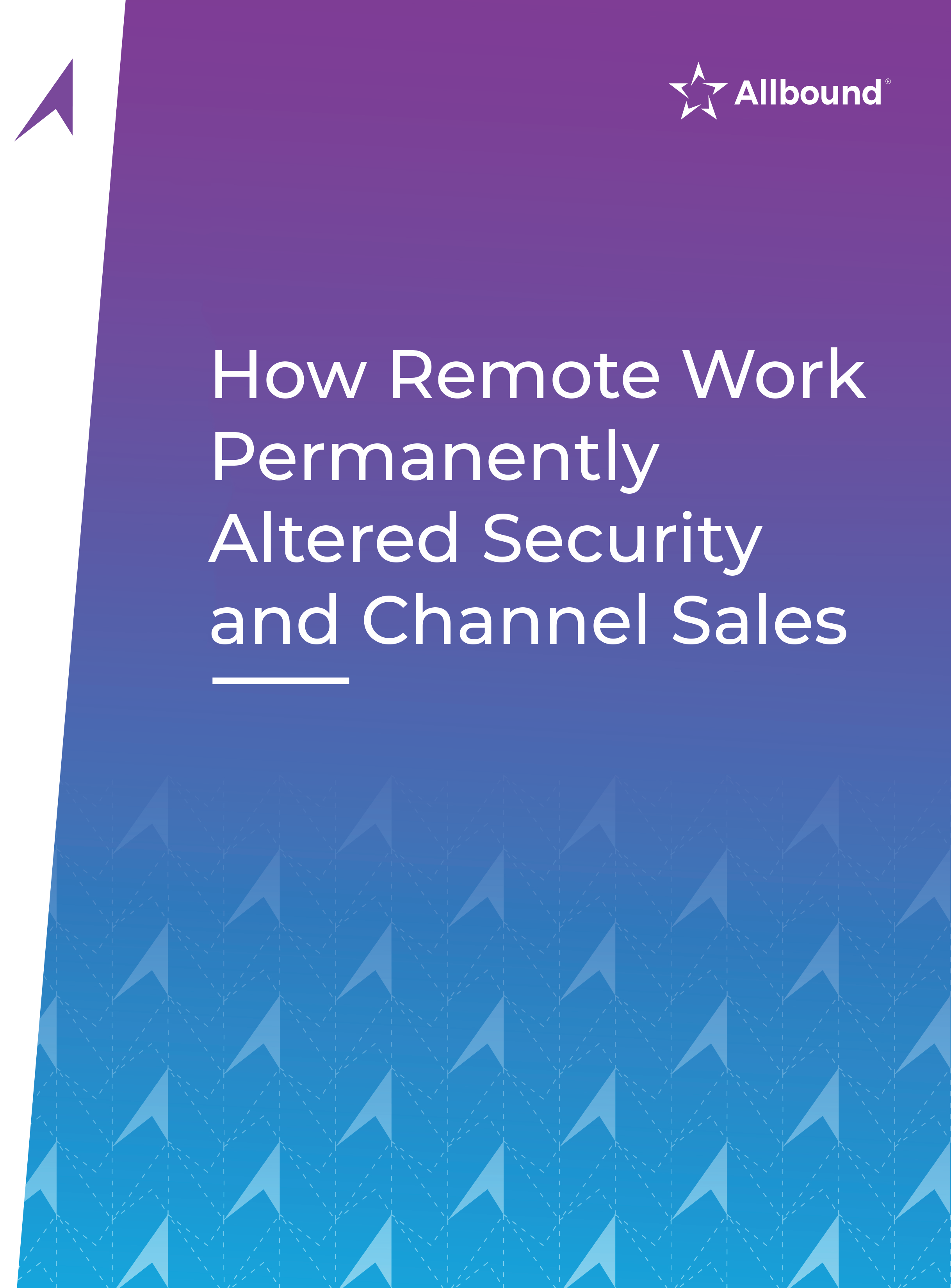Topics
Larry Walsh At B2BSMX: The Channel Is A Recession Insulator, An Inoculator
If indeed the economy is in a recession or slipping into one, companies would be well-advised to lean into their channel partner programs. At the B2B Sales & Marketing Exchange held in Boston earlier this month, Larry Walsh, CEO and Chief Analyst at Channelnomics, a business strategy firm, told a packed room that “the thing about channel itself is that it is truly a recession insulator. It’s an inoculator.”
At a time of economic uncertainty, channel programs provide companies with greater levels of flexibility. “The channel can give you scale when you can’t afford scale,” said Walsh. “The channel can give you flexibility when you need to be agile in making decisions in adjusting your routes to market.”
The channel enables companies to address larger markets, taking them to “places that you can’t go on your own…to the markets, the customer segments of specializations that would be extraordinarily expensive for you to develop and support on your own. And it gives you greater capacity and resources in supporting that customer experience. Even when dollars are going to become scarce, customers still want a better experience. In fact, if you haven’t heard this, 55% of customers will pay more for a better experience.”
Equally compelling, channel-generated sales cost less than those delivered by direct sales teams, Walsh noted. The average cost of an indirect sale is 10% less than a direct sale. And better yet, “the channel only gets paid when it does something,” said Walsh.
Implementing effective and competitive channel programs is not without effort or investment, he stressed. In particular, channel leaders should be automating their channel programs “because partners love nothing more than frictionless experiences. Companies that are easier to do business with tend to have 3x to 5x partner performance contributions than those are harder,” he explained. “And those that are harder to do business with tend to have to pay their partners 30 to 40% more to get the same level of performance.”
Automating critical but tedious channel processes was one of 10 recommendations that Channelnomics listed in its just-published Channel Recession Survival Guide. The complimentary guide, which was released the morning of Walsh’s presentation, notes that “No channel is or should be self-service, but vendors can automate channel information, resources, and processes to simplify and expedite interactions with their partners. Automation should be seen as a means of freeing humans from tedious tasks so they can focus on relationships and activities that produce material results, like revenue growth.”
Successfully navigating uncertain economic conditions is more easily achieved when business leaders have options, said Walsh as he wrapped up his presentation. The cost of the channel “is variable which gives latitude and maneuverability. And I would say that the channel is a means of mitigating risk. If you have these intermediaries between you and risk, they’re the ones who are helping to reduce your exposure and allow you to go further. The channel is a means to shared success.”











